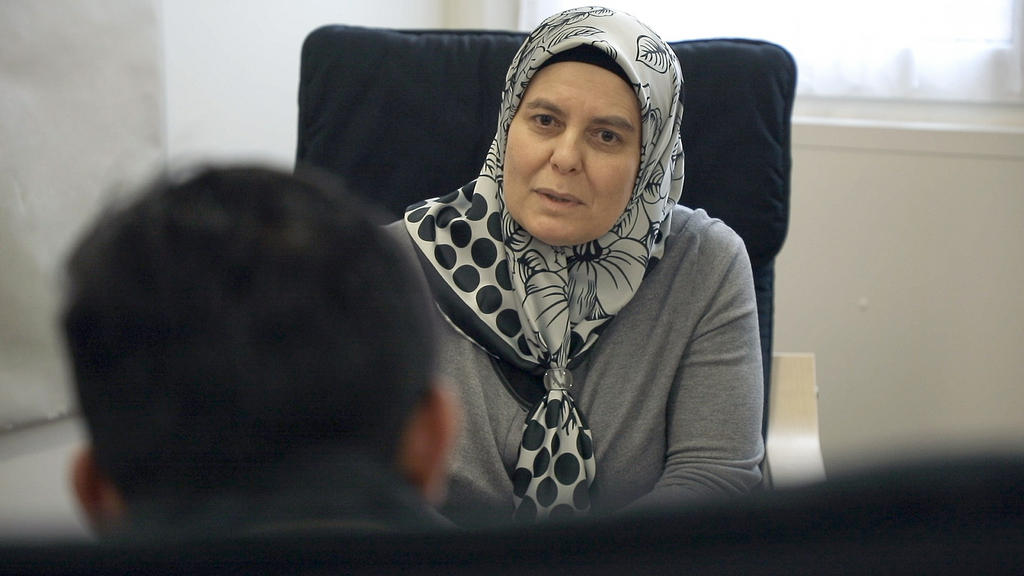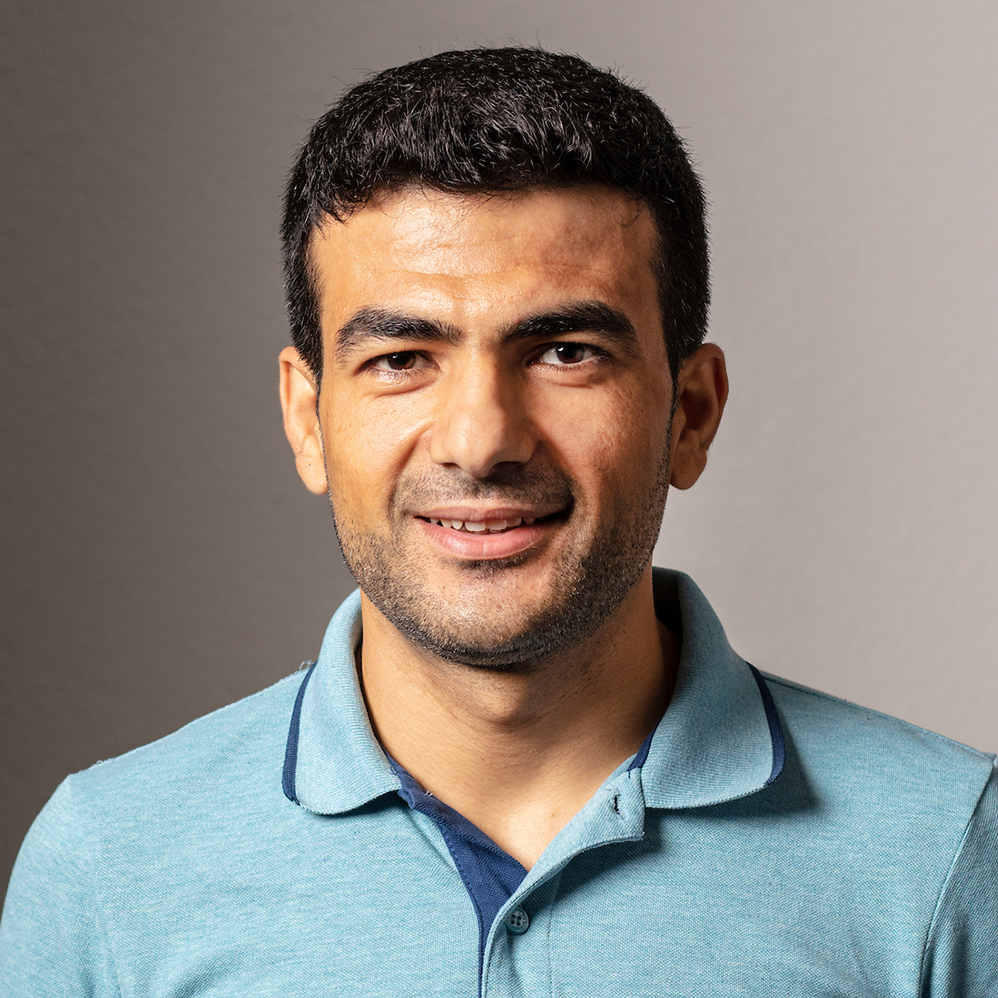
Switzerland catching up with demand for Muslim pastoral care

As Switzerland’s population becomes ever more diverse, the demand for relevant pastoral care is growing. But the country still has some catching up to do to match the availability in other countries.
According to the Federal Statistical Office (FSO), some 362,973 Muslims live in SwitzerlandExternal link – about 5.1% of the total population.
In the Islamic tradition, there is no concept of “the spiritual welfare of others” as there is in Christianity. In Islam, people are responsible for their own spiritual welfare. However, Muslims living in Switzerland do need comparable support.
A demand for pastoral care
Reinhard Schulze is a professor at the Forum for Islam and the Middle East (FINO) at the University of Bern. Because of the “many life situations in which psychological support for spiritual rehabilitation can be important,” he thinks it makes sense “to develop facilities for practicing Muslims that integrates Islamic tradition to structure this rehabilitation”.
The demand for Muslim-specific pastoral care originated in prisons, says Isabelle Noth, a professor of pastoral care, religious psychology and religious education, also in Bern.
Imams believed they could take on this task, “but that annoyed Christian counsellors,” she says. They didn’t want imams to start offering pastoral care because they didn’t have the necessary training. A discussion about the need for Muslim pastoral care has since been underway in Switzerland.
The need has also become apparent at hospitals and asylum centres, says Hansjürg Schmid, director of the Swiss Centre for Islam and Society (SZIG) at the University of Fribourg.
“People are often dealing with existential questions: women before or after the birth of their children; people with incurable diseases; prisoners confronted with questions of guilt and responsibility; or refugees who are often traumatised and looking for orientation in a strange environment.” A variety of pastoral-driven projects have been launched as a result.
Existing Projects
The first pilot project involving Muslim pastoral care was launched by the State Secretariat for Migration (SEM) in 2016, to be monitored and scientifically evaluated by the SZIG.
At the beginning of September, the SZIG also began an eight-day training project, followed by work experience, designed to prepare Muslim carers to work as counsellors in public institutions (hospitals, emergency pastoral care, etc.).
From 2017 to 2018, the SZIG conducted a similar six-day training program at the cantonal hospital in St. Gallen, while at the University of Bern, a course with the same aims lasts two semesters and qualifies participants to work as religious counsellors to asylum-seekers. This course is also open to interested non-Muslims.

More
Zurich launches Muslim pastoral care project
How Switzerland performs internationally
But Switzerland is a long way behind other countries, mainly because there is still disagreement about whether Muslims need to be counselled by other Muslims and whether imams should take on this task.
In other countries, the question of who should counsel who is no longer posed. “These countries (for example the U.S. and Germany) are more than 10 years ahead of us on the question of availability of Muslim pastoral care,” says Noth at Bern University. “No one in these countries asks who is responsible for pastoral care, whether Muslims, Christians, Jews or anyone else. For example, in a hospital, everyone is universally deployable.”
Schmid also believes that some of these countries addressed the question much earlier. “In other countries, for example the Netherlands and the U.K., the debate about Muslim pastoral care began decades earlier,” he says. “There are established qualifications which are still in development in Switzerland.”
According to him, Switzerland should “look for local solutions” and “build inter-faith counselling teams” with Christian counsellors in order to benefit from their experience. Switzerland should learn from the experience of other countries, Schmid says.
Translated by Catherine Hickley, swissinfo.ch

In compliance with the JTI standards
More: SWI swissinfo.ch certified by the Journalism Trust Initiative






























You can find an overview of ongoing debates with our journalists here . Please join us!
If you want to start a conversation about a topic raised in this article or want to report factual errors, email us at english@swissinfo.ch.